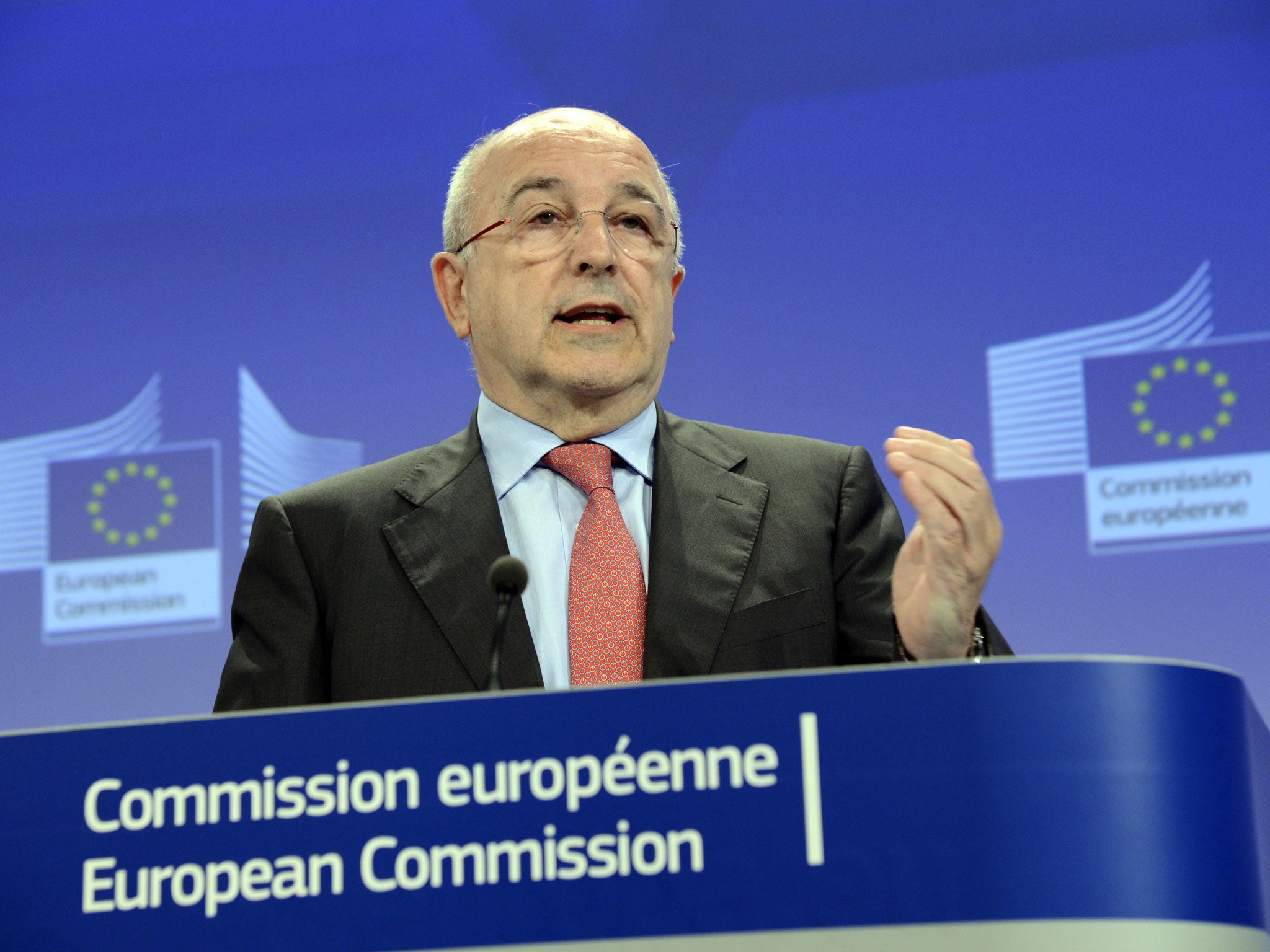European Commission launches tax probe into Apple, Starbucks and Fiat
The investigation will focus on transfer-pricing arrangements on corporate tax in Ireland, Luxembourg and The Netherlands

Fiat, Starbucks and Apple all face investigations into their tax affairs by the European Commission.
The commission said it had also started infringement proceedings against the authorities in Luxembourg for failing to hand over information it had requested concerning Fiat.
Both the Netherlands, in relation to Starbucks, and Ireland, with Apple, have complied with its demands.
Brussels' action comes against a backdrop of mounting public anger over the complex structures used by multinationals to cut their tax bills and will also serve to heighten pressure on the three countries concerned, all of which have found favour with companies seeking to pay less tax.
European watchdogs are investigating the prices set for transactions between corporate subsidiaries – known as transfer pricing – approved by the Irish, Luxembourg and Dutch tax authorities and whether they resulted in favourable treatment for the three multinationals.
Tax bills can be reduced where a subsidiary in one country pays an artificially high price for goods or services to a subsidiary located in another. The practice can in effect shift tax from a high-tax regime to another offering lower rates. The EU says "market rates" should be charged. If investigators find that this is not the case, the countries could be found to have violated rules on the provision of state aid to companies, although legal analysts have said the EU could face a tough battle to prove a case.
The Irish Government, for one, has strenuously denied offering Apple any special treatment and Apple has always insisted it complies with all relevant rules and regulations and has not benefited from sweetheart deals.
Ireland has become a favoured destination for technology giants. It already charges corporations the very low rate of 12.5 per cent. Critics argue that it allows multinationals further concessions on top of that and its tax practices have proved to be a sore point with other EU members. A US Senate investigation last year claimed Ireland had given special treatment to Apple.
The commission vice-president in charge of competition policy, Joaquin Almunia, said: "In the current context of tight public budgets, it is particularly important that large multinationals pay their fair share of taxes. Under the EU's state aid rules, national authorities cannot take measures allowing certain companies to pay less tax than they should if the tax rules of the member state were applied in a fair and non-discriminatory way."
None of the countries concerned faces fines or financial penalties, but they could be forced to recover funds from the companies concerned if state aid is found to have been illegally given to them.
Fiat, ironically, shifted its domicile to the UK at the beginning of the year to take advantage of low corporate tax rates. The company also said in January it would register the holding of its newly created Fiat Chrysler Automobiles group in the Netherlands, cementing a politically sensitive shift away from its Italian home.
Subscribe to Independent Premium to bookmark this article
Want to bookmark your favourite articles and stories to read or reference later? Start your Independent Premium subscription today.

Join our commenting forum
Join thought-provoking conversations, follow other Independent readers and see their replies